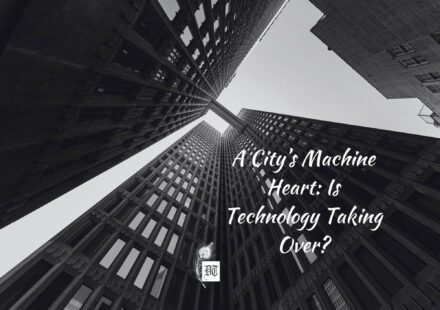Reading Time: 4 minutes
Prime Minister Narendra Modi is making a keynote address at the World Government Summit in Dubai. He never fails with words when it comes to these matters, irrespective of his track record with deeds. Here’s a report for Different Truths.
Prime Minister Narendra Modi is making a keynote address at the World Government Summit in Dubai, which will see a galaxy of distinguished speakers, including French Prime Minister Édouard Philippe, Christine Lagarde, managing director of the International Monetary Fund (IMF), entertainment icon Robert De Niro, astrophysicist Neil deGrasse Tyson among others. The thought leaders will engage in inspirational and future-focused dialogues that aim to shape the future of governments and help improve the lives of citizens worldwide. While the lineup is indeed impressive, Modi can be trusted to make waves as he unveils his thoughts about the future of governments, a favourite subject of his. He never fails with words when it comes to these matters, irrespective of his track record with deeds.
Only the other day, he made a spectacular speech in Parliament, while replying to the debate on the motion of thanks to the presidential address during the budget session. He virtually weaved magic with his words, making it one of the best speeches made in the Indian parliament. If anything, it was comparable to the speech made by eminent CPI-M leader A K Gopalan on the declaration of Emergency in 1975, when an uncorrected copy was smuggled out, giving some of the less privileged journalists access to another great speech made in parliament. The likes of A K Gopalan are long dead and gone. Today, there is no one in this parliament who can match Modi’s oratorial skills. He is the worthy successor to Atal Behari Vajpayee, who perhaps had greater sophistication in the choice of his idioms and the language as such. There is nothing much to write home about Modi’s speeches when they are in English. But when he speaks in Hindi, there is a certain rustic beauty that strikes a direct chord with his listeners, which constitutes the essence of Modi magic. And this was in full show in parliament this week.
His reference to the Ramayana days in response to Renuka Chowdhury’s hysterical crackling, while he was talking about Aadhaar, created such impact that the Congress Rajya Sabha MP from Andhra Pradesh will have difficulty in getting over it for a lifetime. Although Modi technically committed no wrong as he did not allude to any character, the storm over the remark is still raging.
So, Modi never fails with words, although this cannot be said about his deeds; he has consistently failed to do what he says. Into the fourth year, his record so far is far from flattering. He may have all the good intentions, but his team has failed to deliver. Barring a few, many of his team members are below grade and are not capable of sharing a vision or pursuing one. Yashwant Sinha’s attack on the Modi policies, particularly the handling of the Finance Ministry by Arun Jaitley, may appear to be the response from a disgruntled man with a hurt ego, but many of his arguments are not wide off the mark. Even Jaitley’s latest budget may be seen as an exercise in self-deception, despite all the high-sounding claims that it makes.
When Modi visited Dubai about three years ago, some 50,000 Indian expatriates assembled at a cricket stadium to hear him out, making it the most celebrated visit of an Indian prime minister to the country. That was held amidst great optimism and expectations. This time he is addressing a gathering of only 2,000 at the Dubai Opera and obviously, there is bound to be a sense of disillusionment among the audience over the gap between promises and deliveries. He will address a bigger meeting in the Omani capital of Muscat.
A remarkable programme in Modi’s itinerary in the UAE is the laying of the foundation stone of the first Hindu temple in Abu Dhabi. Dubai has an old temple, which stands alongside a mosque used by the royal family members for their prayers, on the side of the Dubai Creek, which was the nerve centre of old time Dubai. The temple is visited by thousands of devotees daily and the whole area looks like a temple town, despite its proximity to two mosques, an unusual sight in an Arab country. The Bur Dubai temple, as it is known, was the first temple in the whole of Gulf, which was later joined by a Shiva temple in Muscat, set up by the Khimjis, a natuaralised Omani Indian family, with help from the Sultan. Dubai also boasts a beautiful gurdwara, which is billed as the biggest Sikh temple after Golden Temple.
Modi will have a few takeaways from the government summit, which is about bringing happiness to the people while delivering government services. The UAE is perhaps the first country to institute a Ministry for Happiness, charged with the responsibility of harmonising all government plans and policies to achieve a happier society. The UAE government aims to make the country amongst the top five happiest countries in the world by 2021. And it uses a Happiness Index to measure an individual’s assessment of the standards of living and satisfaction level by using a survey as a key performance indicator in this regard. It is a refreshing change that each government department in the UAE treats those who interact with it not as members of public, but as customers. Well, Modi can take a cue and try and bring some happiness to Indians.
K Raveendran
©IPA Service
Photos from the Internet
#WordsOfModi #SummitInDubai #ModisSpeech #Impressing #SkillToTalk #IPA #DifferentTruths















